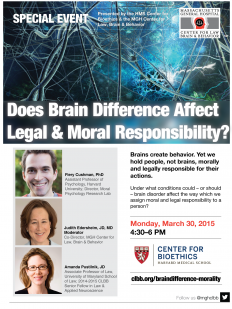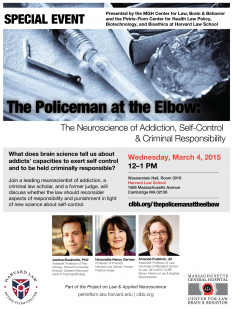By Sarah Kaplan | The Washington Post | March 18, 2015
In 1974, two months after having a portion of his brain removed due to an accident at the sawmill where worked, Cecil Clayton checked himself into a mental hospital, frightened by his suddenly uncontrollable temper.
Previously, Clayton had been an intelligent, guitar-playing family man, relatives said. He abstained from alcohol, worked part time as a pastor and paid weekly visits to a local nursing home.
But after the accident, which necessitated the removal of 20 percent of his frontal lobe, everything changed.
“He broke up with his wife, began drinking alcohol and became impatient, unable to work and more prone to violent outbursts,” Clayton’s brother Marvin testified at trial.
In 1979, he visited William Clary, a doctor who examined him for extreme anxiety, depression and paranoia.
“I can’t get ahold of myself, I’m all tore up,” Clayton told the doctor, according to court filings from his attorneys.
Clayton’s spiraling mental state and increasingly violent behavior came to a head in 1996, when he shot and killed Christopher Castetter, a sheriff’s deputy responding to a domestic disturbance between Clayton and his girlfriend. Clayton was eventually convicted of murder, and executed via lethal injection in Bonne Terre, Mo., Tuesday night. Continue reading »





